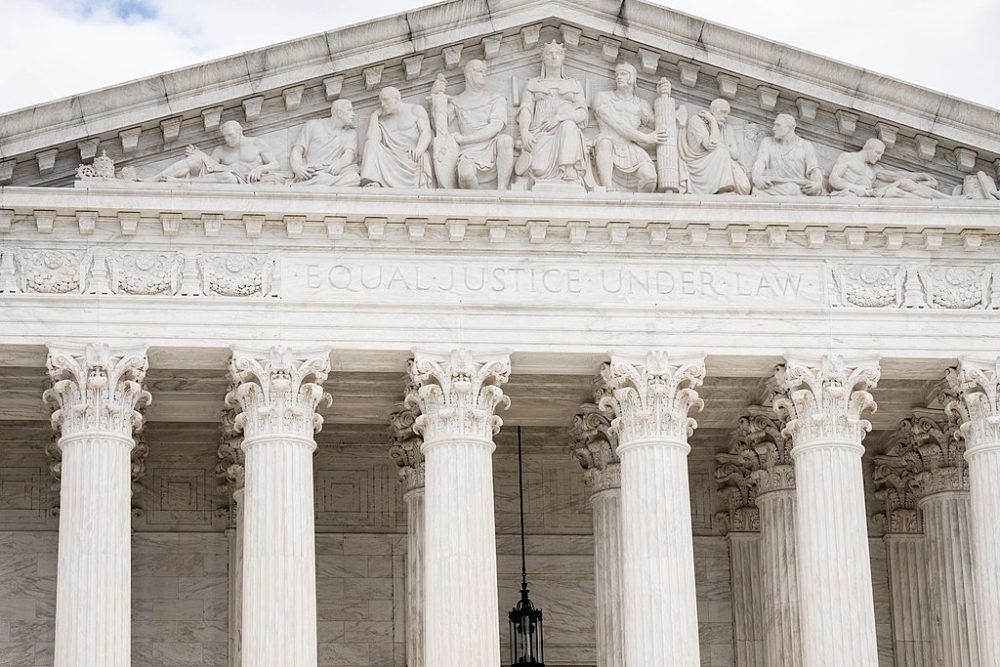
These casino buses were a constant reminder that the ameliorative strategies like mixed-income housing, youth leadership development, participatory community planning, creative placemaking, and neighborhood economic development, we employed were countered or undermined by the negative impacts of gambling.
The Massachusetts Council on Compulsive Gambling reported that “Recent immigrants are at especially high risk for gambling addiction.” The New York Times reported in 2011 that “For years, casinos and bus companies have relied on a symbiotic relationship to cater to an Asian-American clientele that accounts for as much as 25 percent of casino revenues.” Moreover, in a 2011 study with a nationally‐representative sample by the Research Institute on Addictions “it was found that Asian Americans were more than 3 times likelier than Caucasians to be classified as problem gamblers.”
Massachusetts, like many other states, responding to years of downward pressure on public revenue, has succumbed to the allure of gambling and will be allowing up to three casinos to open in the next year or so. The three Massachusetts communities currently in the running are Palmer, Springfield, and Boston. In at least two of these communities (Palmer and Springfield), community members are participating in evaluating the potential negative impacts of the proposed casinos using health impact assessments. The Western Massachusetts Casino Health Impact Assessment Project, guided by Partners for a Healthier Community, is currently working to create a set of recommendations to mitigate negative public health impacts that will be included in “host community agreements” with casino operators. From their website:
The Western Massachusetts Casino Health Impact Assessment (WMCHIA) team was established in response to the proposed casino in Western Massachusetts. The Western Massachusetts Casino HIA is different from other types of casino related assessments in that it is specifically meant to inform the casino licensing decision making process using community input and scientific evidence to predict the potential health impacts that are: 1) of concern to the community; and 2) most likely to affect the community; and finally, develop recommendations to address them.
These host community agreements are an important component of how communities most directly affected by the casinos can begin to deal with their negative consequences. However, they are just the beginning.
Mitigation measures like gambling counseling services and public awareness campaigns are reactive. Host and nearby communities in Western Massachusetts and in the Greater Boston area are right to focus on mitigation, but they also have a timely opportunity to demand proactive and prophylactic strategies as well. Better yet, the Commonwealth of Massachusetts should take this opportunity to implement strategies that have a chance of competing with the appeal and thrill of gambling.
A prophylactic strategy unique to gambling and one that takes a page from gambling itself, would be prize-linked savings (PLS) products. The D2D Fund describes the first scaled PLS program in the U.S.:
To demonstrate the viability of PLS in financial institutions, in 2009 D2D and Michigan credit unions created Save to Win™ (STW), the first scaled PLS-based program. Save to Win offers special balance building certificates of deposit (CDs) that enter members into raffles for cash prizes with each deposit of $25 or more. Michigan credit unions that participated in the initial pilot demonstrated that the possibility of winning—both a large $100,000 annual jackpot and a range of regularly awarded smaller prizes—encourages people to save. Michigan credit unions increased their engagement with financially vulnerable consumers and kept them coming back for more—64 percent of Save to Win accounts rolled over from 2010 to 2011. Save to Win Michigan has grown to over 40,000 unique accounts saving more than $70 million.
So far, Washington State, North Carolina, Michigan, and Nebraska offer Save to Win™ accounts and as recently as June of this year, Connecticut passed legislation to allow ‘savings promotion raffles’, such as Save To Win™. Numerous reports cite the power of PLS accounts to motivate people to save by offering the thrill of gambling linked to a savings account product. In the United Kingdom a publicly-backed PLS account program has been around for nearly 50 years and currently has over 20 million people investing in it with 25 billion to 30 billion pounds collectively invested.
Massachusetts residents have actually suffered under the influence of gambling, and specifically casino gambling for many years with the proximity and easy access to the Eastern Connecticut casinos. PLS accounts hold real promise to compete with gambling because the concept acknowledges the pleasure and thrill that people derive in gambling, and channels basic human nature to seek out these pleasure in service of asset building.
Massachusetts residents and especially residents and members of the host communities of the three proposed Massachusetts casinos deserve a statewide PLS account program to do more than simply mitigate their negative impacts, but offer an appealing and attractive counter strategy to the fundamentally extractive or “reverse savings” design of gambling. The time is ripe to demand a specific plan for the implementation of PLS accounts, and specifically require the casino operators to fund the prizes.
(Photo by Joe Shlabotnik CC BY-NC-SA)






As President & COO of OneUnited Bank, a Community Development Financial Institution in Massachusetts, I would like to participate in a test of a prized linked savings program to increase savings in urban communities.